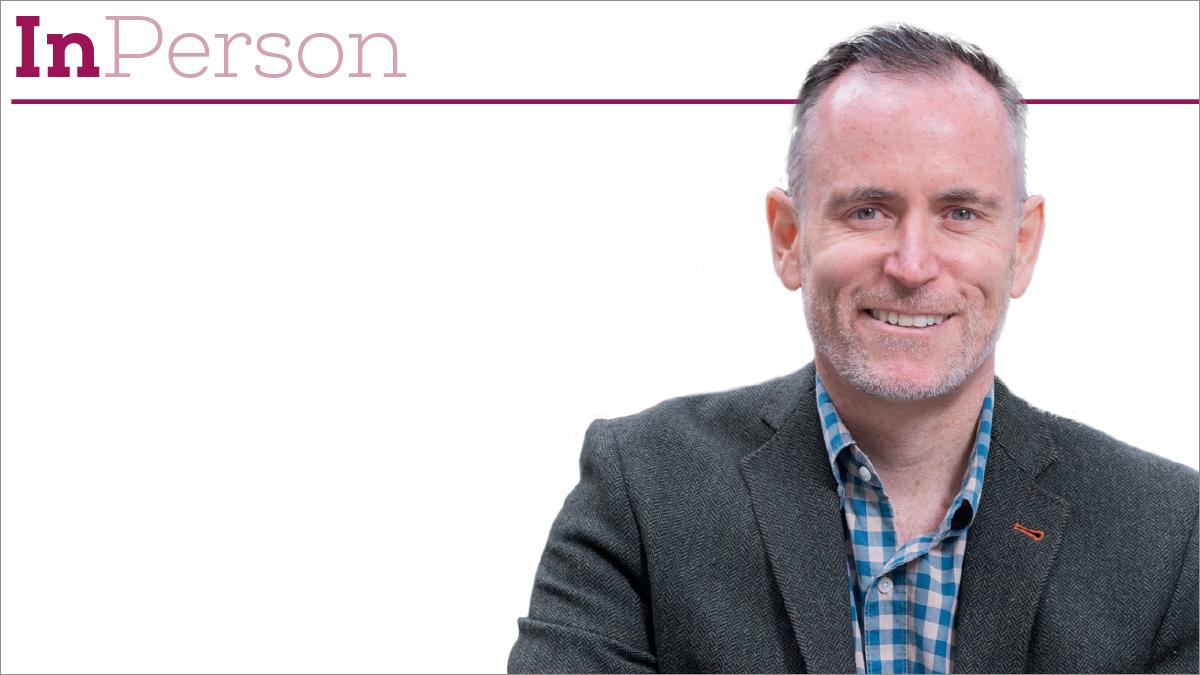Guest columnist Jonathon Kruger, CEO of World Physiotherapy, on why we must all do our part to create a more accepting and tolerant profession

I am a gay man. This fact is not a secret and hasn’t been for the past three decades. However, the degree to which I have accepted, embraced, and celebrated this fact as part of my professional life has been evolving over the past few years.
When I was younger, like many LGBTQIA+ people, I was adept at code-switching in the workplace. Under-the-radar behaviour, which was both pragmatic and protective, helped me blend in across various social settings.
However, avoiding certain clothing styles and self-monitoring mannerisms is not only exhausting but also has real health consequences. In my early 30s, I was diagnosed with vocal cord abuse due to years of subconsciously trying to lower my vocal range to sound more masculine and pass as straight – internalised homophobia is a real and destructive phenomenon.
Fortunately, I worked with a speech and language therapist to manage the issue. But it took a long time to correct and to this day it occasionally returns. There are real world health impacts for LGBTQIA+ people that are not based on biological factors but rather due to consequences of real or perceived discrimination, harassment, or worse.
To me that is a key driver to why my visibility as a leader of the physio profession is so important. It is hard to be yourself if you never see anyone like yourself around you.
In late December a landmark study was published that explored the experiences of LGBTQIA+ physiotherapists in their professional lives. The anecdotes are equal parts uplifting and heart-breaking. It is clear for many of our colleagues that being their authentic true self in the workplace is challenging. This needs to change.
As the authors state in their conclusion ‘cultural norms may need to be reconceptualised in physiotherapy to promote inclusion and belonging of individuals who identify as LGBTQIA+’.
Collectively we must all do our part to create a more accepting and tolerant profession.
My personal commitment is to further the work of many great LGBTQIA+ leaders and allies – past and present – by continuing to identify and dismantle the systemic discriminatory barriers that stand in the way of a truly inclusive and culturally sensitive global physiotherapy community.
I hope you will reflect on how you can play a part in this change so that your friends and colleagues can be themselves too.
Number of subscribers: 1




































